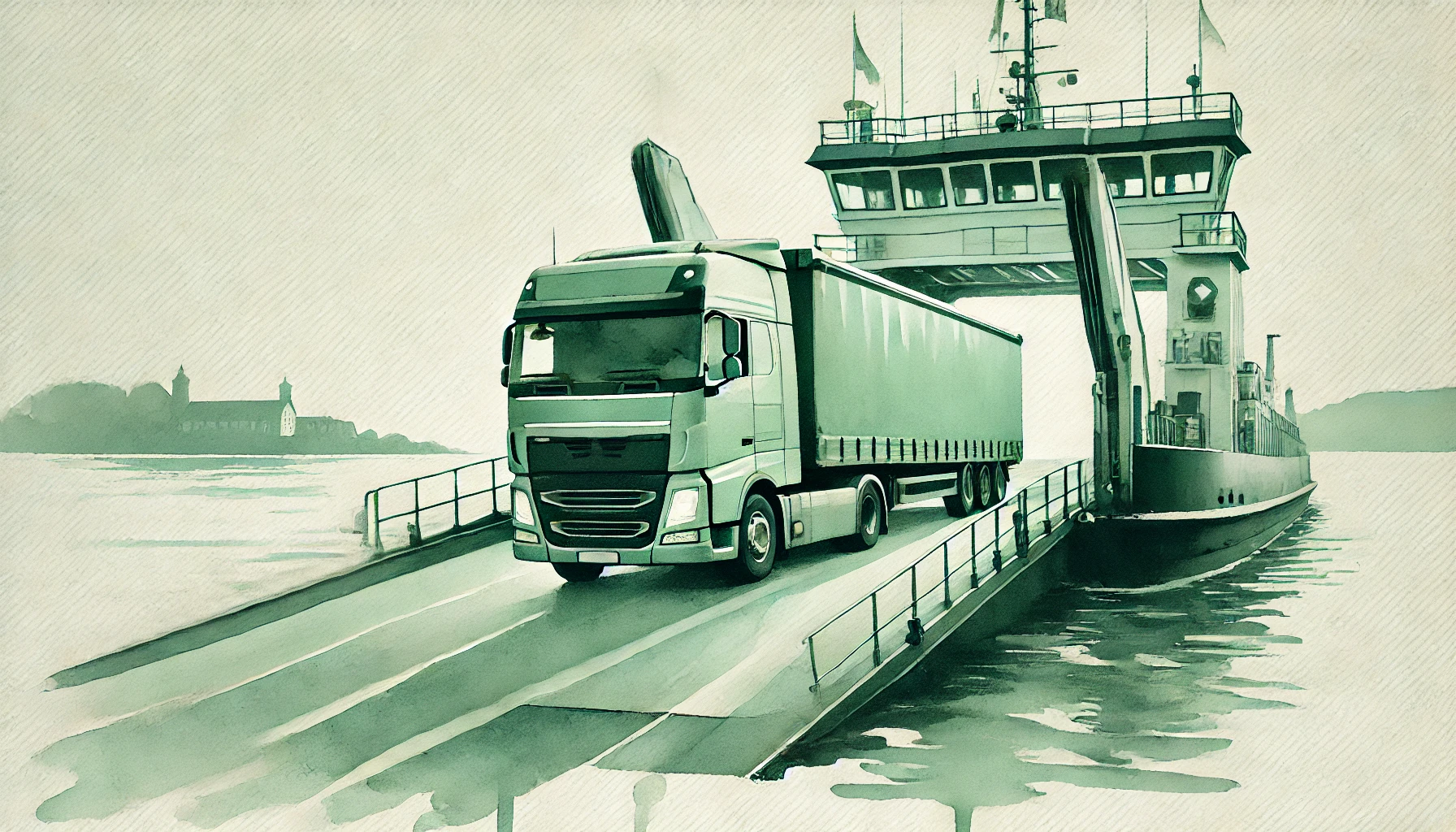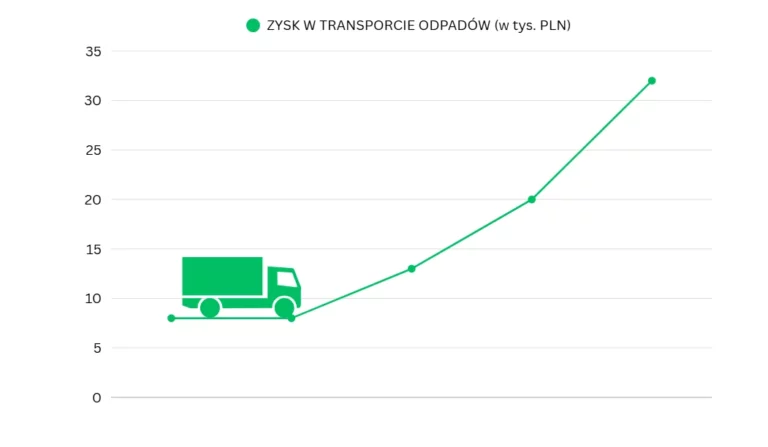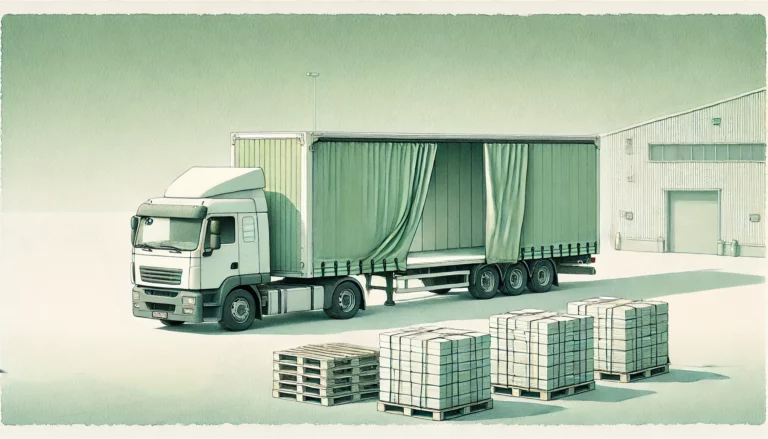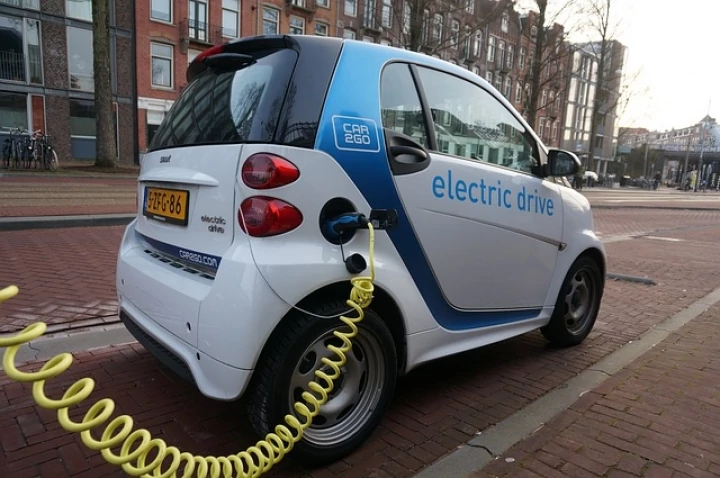Transport of waste from France to the UK in the face of new customs obligations

From 1 September 2025, a new obligation comes into force for companies carrying out waste shipments from France to the UK - the Enveloppe Logistique Obligatoire (ELO). This tool aims to simplify and standardise customs procedures at the Franco-British border, especially in the context of RoRo shipments. In this article, we explain what the ELO is, who it applies to, what documents it covers and how to prepare for the new requirements.
What is the Enveloppe Logistique Obligatoire (ELO) and where did this obligation come from?
The ELO is a compulsory logistics envelope introduced by French Customs that allows all documents required for customs clearance to be combined in a single digital format. The ELO contains customs declarations, details of the goods transported, including waste goods, and the ENS declaration.
Implementation schedule:
- from 1 April 2025: ELO becomes optional as part of test phase; transitional period begins, which will last until August
- from 1 September 2025: ELO becomes mandatory for all vehicles entering the UK via Roll on/Roll off ports from French territory.
Who is affected by the obligation:
- Carriers: are required to present the ELO code when crossing the border.
- Exporters and importers: responsible for providing all the data needed to create the ELO.
- ELO Managers: i.e. the entities that logistically manage the movement of vehicles and the circulation of documents.
Waste shipments from France - what will the ELO obligation cover?
The obligation applies to all types of waste regardless of code, category or destination. Importantly, the ELO requirement applies not only to vehicles loaded with waste, but also to empty trucks going to pick up a load.
ELO includes, among others:
- customs declarations (export, import, transit),
- ENS declaration in the ICS2 system,
- information on the nature and characteristics of the waste being transported,
- vehicle data, carrier and loading port.
Once the data has been consolidated, ELO Manager generates an ELO barcode, which the driver presents at the border. This is the only document physically required at check-in, and failure to do so will result in the vehicle being reversed or fined.
Consequences for transport companies - what will change?
For hauliers, this means the end of paper documentation. Everything must be prepared digitally and on time. Companies will have to appoint an ELO Manager, liaise with the loading site and shippers, and ensure that the data gets into the system before leaving France.
Unpreparedness can mean:
- delays,
- mandates,
- stopping the vehicle,
- loss of order.
It is therefore worth adapting procedures, training drivers and implementing new logistical tools now.
How to prepare for the changes before 1 September 2025?
First of all, the transport company should appoint a person who will be responsible for creating and managing the logistics envelope. Such a person must have adequate knowledge of customs procedures and access to the system Prodouanewhere data management will be possible. It will also be tasked with collating the required information from exporters, shippers and carriers and creating a full ELO envelope from this.
In parallel, the company's internal operating procedures need to be updated. The new obligation affects the daily activities of preparing cargo for clearance. This is a good time to carry out an audit to show which elements need to be changed and which are in line with future requirements.
The next step should be the training of staff, especially shipper contact persons and drivers. They need to understand what an ELO is, how it works and what the risks are if it is missing or the documents are incorrect.
Finally, it is worth actively using the transition period, which started on 1 April 2025. A test implementation of ELO will avoid chaos from 1 September. By practising with the system, a company can identify errors and refine its procedures before the obligation becomes absolute.






